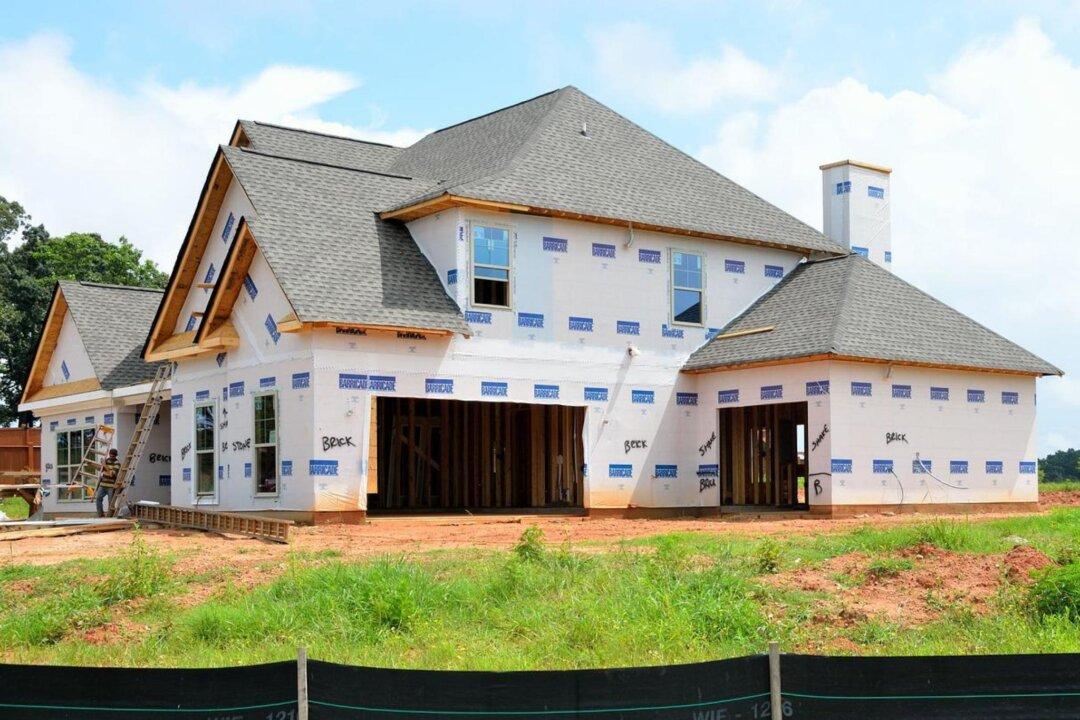Rewriting the “National Building Code” to include climate change stipulations will come at a cost, the National Research Council (NRC) says.
The NRC, Canada’s primary national agency dedicated to science and technology research and development, wrote in an Aug. 11 notice that it will be hiring consultants to investigate additional costs that climate-change rewrites to the building code will levy on contractors, home builders, and potential house buyers.





